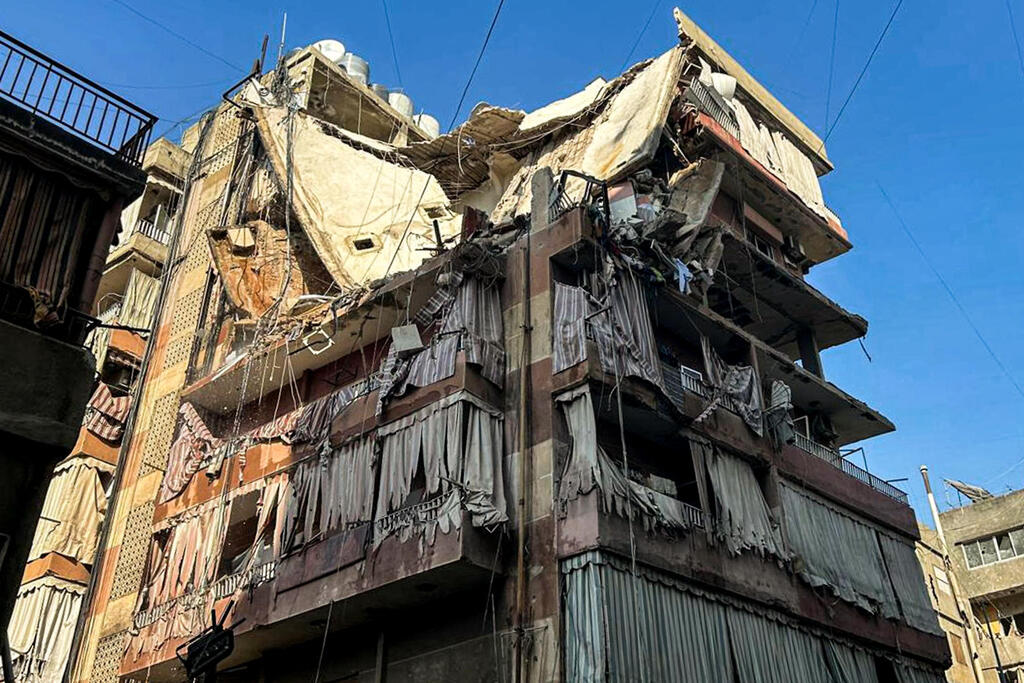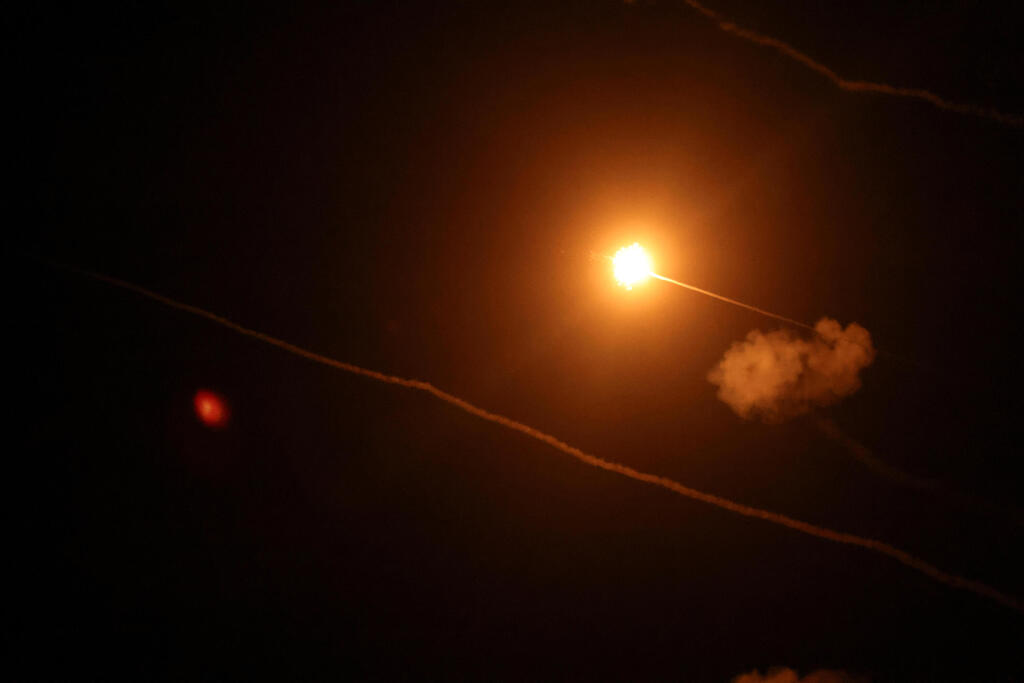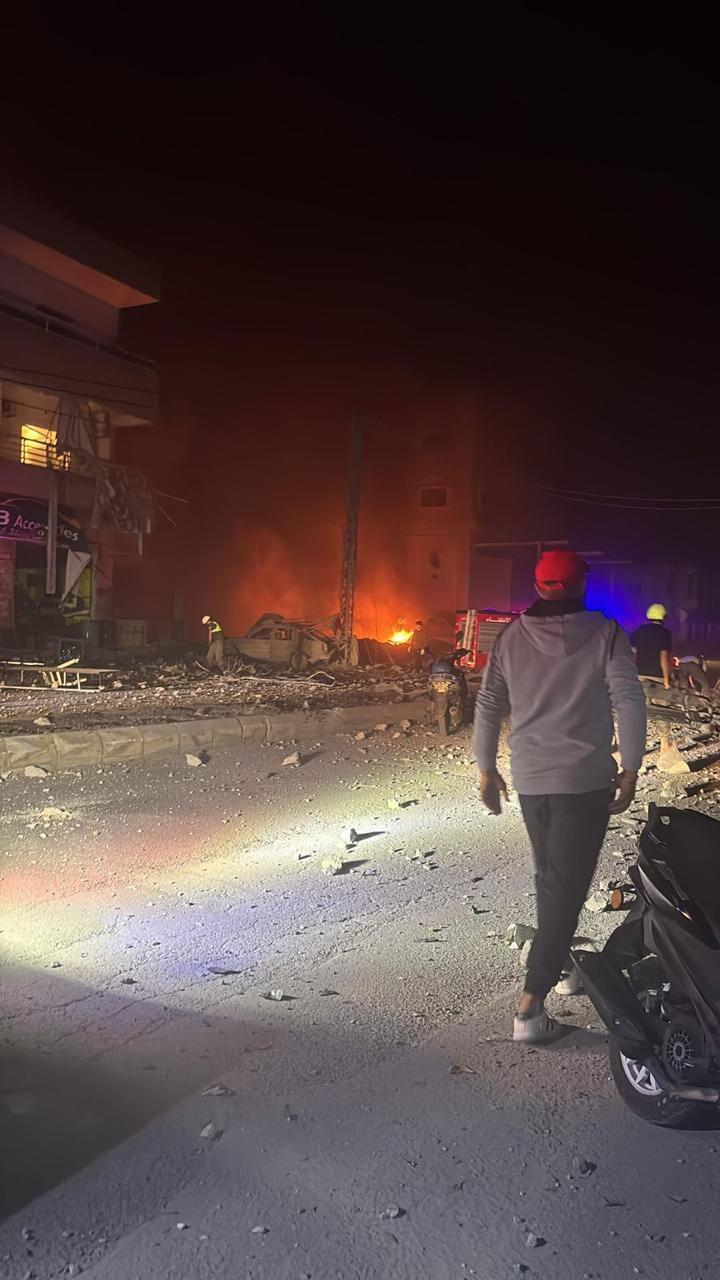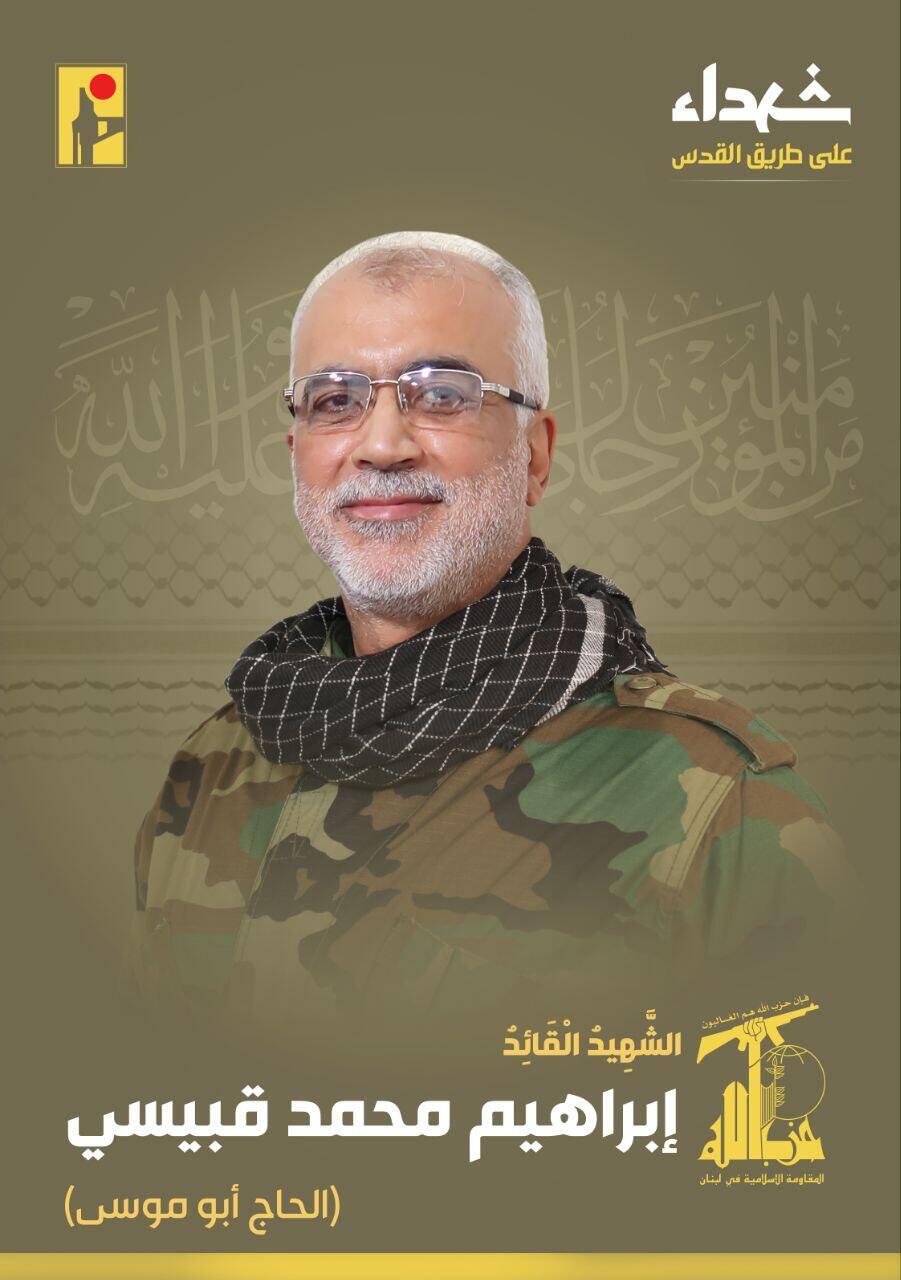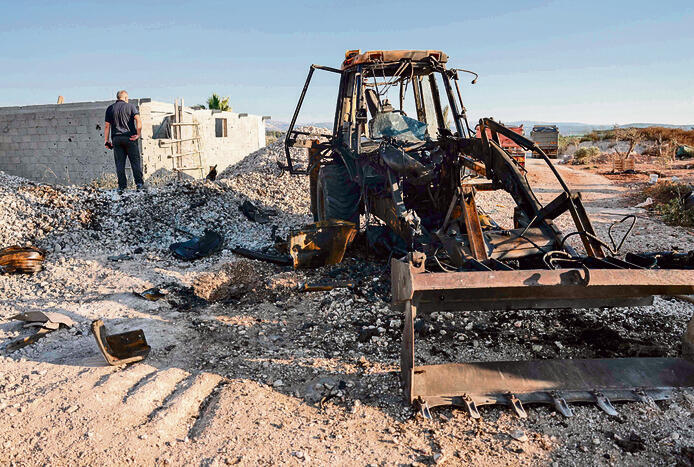Getting your Trinity Audio player ready...
As Israel targets Hezbollah's military capabilities while bracing for retaliation, it is working through the U.S. to prevent a broader war by urging Washington to pressure Iran not to intervene.
The move comes after Iranian President Masoud Pezeshkian on Tuesday suggested that Iran might support the terrorist organization.
The U.S. is concerned about further escalation in the region and believes there may be several more days of conflict ahead. American officials have urged Israel to refrain from significant strikes that could provoke Iran to enter the fray.
In response to IDF strikes on weapons caches in southern Lebanon, Hezbollah has expanded its operations, launching a surface-to-surface missile barrage toward central Israel.
Air raid sirens sounded across the Tel Aviv metropolitan area Wednesday morning as one of the missiles, which Hezbollah claimed it aimed at the Mossad headquarters, was intercepted. A Saudi report suggested that the target may have been the Glilot base.
While the U.S. is engaged in diplomatic efforts to "pacify" Hezbollah, it appears that the group's leader, Hassan Nasrallah, is demanding a cease-fire in Gaza as a condition for halting hostilities.
U.S. officials acknowledge that without a resolution in Gaza, it will be challenging to stabilize the situation in Lebanon. Most of their diplomatic efforts are therefore focused on Gaza, but progress has been slow, reportedly due to a lack of response from Hamas leader Yahya Sinwar to mediation efforts by Qatar and Egypt.
IDF takes the fight to Lebanon
Even before the missile attack on central Israel early Wednesday, Tuesday marked another day of intense clashes between Israel and Hezbollah. The terrorist group continued to fire barrages at northern Israeli towns, prompting widespread precision strikes by the IDF against Hezbollah's infrastructure, operatives and weapons stockpiles.
Throughout the day, hundreds of rockets were launched from Lebanon, with a particularly heavy barrage at noon when 105 rockets crossed the border in less than an hour. In the evening, Hezbollah launched a drone toward the coastal town of Atlit, claiming it was targeting an elite Israeli commando unit.
Earlier on Tuesday, a house in Rosh Pina was directly hit by a rocket. The family inside was unharmed after taking shelter in a safe room. A 25-year-old reservist was moderately injured by shrapnel from an intercepted rocket near Yokne'am and was taken to Rambam Health Care Campus in Haifa for treatment. "He defended himself well, lying on the ground, but was still hit by shrapnel," said a Magen David Adom spokesperson.
Meanwhile, the IDF conducted multiple rounds of strikes throughout Lebanon, including deep within Lebanese territory. The Lebanese Health Minister reported that the death toll from Israeli attacks over the past two days had risen to at least 569, including 50 children and 94 women, with around 5,000 people injured. Lebanese media reported that the IDF targeted a Hezbollah weapons depot near Jiyeh, about 12 miles south of Beirut.
Defense Minister Yoav Gallant visited a training exercise by the IDF’s 7th Armored Division and the 202nd Paratrooper Battalion, simulating ground combat in Lebanese territory. "Hezbollah today is not the same as last week’s Hezbollah," Gallant said. "The sequence of blows to its command and control capabilities, operatives, and combat resources are severe."
IDF Chief of Staff, Lt. Gen. Herzi Halevi, emphasized the need to maintain pressure on Hezbollah. "We must not give Hezbollah a break," he stated. "We need to continue working with all our strength, accelerating offensive operations and reinforcing all our efforts. The situation demands continued vigorous action on all fronts."
Another high-profile assassination in Dahieh
In a significant achievement during the second day of Operation Northern Arrows, Israel successfully targeted and killed senior Hezbollah commander Ibrahim Qubaisi, known as "Abu Musa," in an airstrike on Tuesday in the Dahieh district of Beirut.
Israeli sources identified Qubaisi as the head of Hezbollah's rocket and missile division and a direct subordinate to the group's leader, Hassan Nasrallah, making him the most senior military figure after recent high-profile assassinations.
Qubaisi had recently been brought into Nasrallah’s inner circle, participating in closed meetings with the Hezbollah leader. According to the IDF, Qubaisi was responsible for several attacks against Israel, including the 2000 raid on Mount Dov, which resulted in the abduction and killing of Staff Sgt. Benjamin Avraham, 21, Staff Sgt. Adi Avitan, 22, and Staff Sgt. Omar Sawaid, 27. Their remains were returned to Israel for burial in 2004. Alongside Qubaisi, six other Hezbollah operatives were killed, and 15 civilians were injured in the attack.
This marks the latest in a series of targeted strikes by Israel against senior Hezbollah figures. On July 31, Nasrallah’s military chief Fuad Shukr was killed, followed last week by the elimination of Ibrahim Aqil, the head of Hezbollah’s operations, along with senior commanders from the Radwan Force.
Tuesday's strike in Dahieh is the fifth Israeli attack on Hezbollah’s stronghold since October 8, when the terrorist group began firing at Israel unprovoked. The first attack targeted senior Hamas official Saleh al-Arouri, who was killed in January.
Residents of Dahieh are increasingly feeling the impact of these escalations. A Lebanese resident living near the building where Qubaisi was killed described the incident: "We heard a deafening explosion, and three floors of the building collapsed at once. In the past few days, there have been several assassinations in Dahieh, and only after the attack did we learn from the Israeli media who was targeted. We, the ordinary residents of the district, had no idea."




